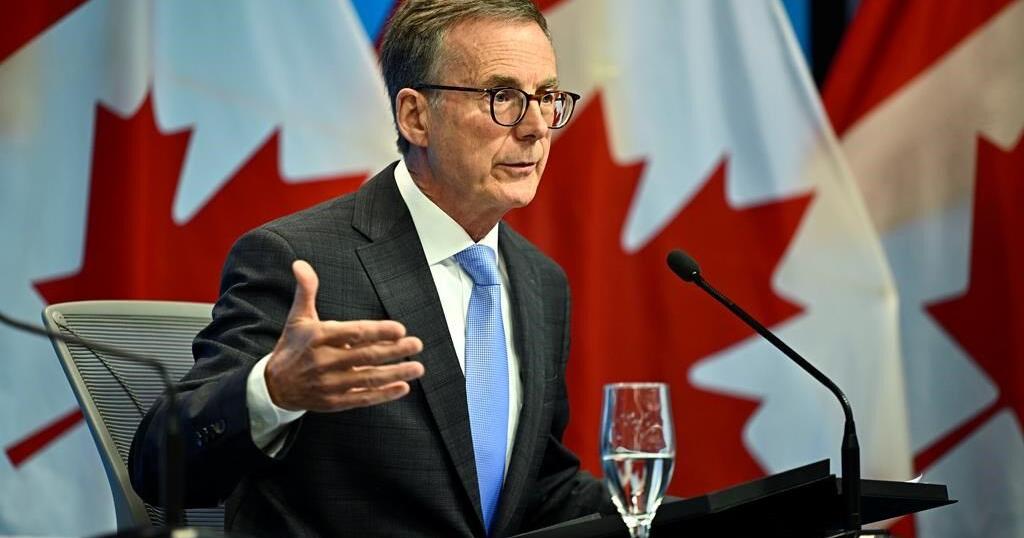OTTAWA – Canada’s annual inflation rate fell to 2.5 per cent last month, matching forecasters’ expectations as price pressures continue to retreat.
Tuesday’s consumer price index report says prices for travel tours, passenger vehicles and electricity helped drive the headline figure lower.
Meanwhile, shelter costs are still the main driver of inflation as Canadians face significantly higher rents and mortgage payments.
The federal agency noted, however, that shelter price growth slowed last month to 5.7 per cent year-over-year, down from 6.2 per cent in June.
July marked the slowest annual increase in the consumer price index since March 2021, highlighting the significant progress made in the fight against high inflation.
Grocery prices, which at one point were growing at a double-digit annual rate, are now rising at a much more modest pace. Last month, grocery prices were up 2.1 per cent from a year ago.
However, some price pressures persist, particularly in services-producing sectors.
Prices for services were up 4.4 per cent from a year ago, a trend that economists say reflects high wage growth.
Nevertheless, with the backdrop of slowing price growth overall, forecasters are widely expecting the Bank of Canada to continue cutting interest rates at back-to-back meetings.
Governor Tiff Macklem has signalled that the central bank is increasingly concerned about the risk of keeping interest rates too high for too long.
At the last interest rate announcement, Macklem said the governing council decided to lower its policy rate, in part to help the economy pick up speed again.
Its key interest rate now stands at 4.5 per cent.
The central bank is scheduled to hold its next interest rate announcement on Sept. 4.
This report by The Canadian Press was first published Aug. 20, 2024.
